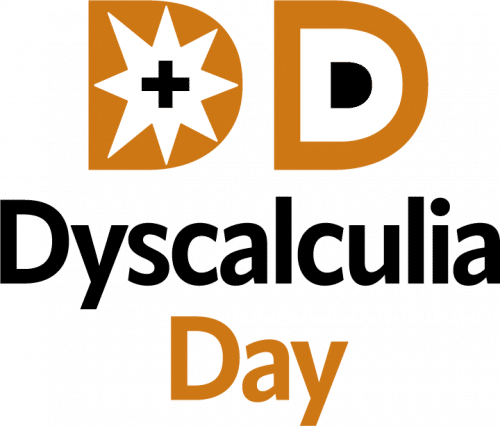The Editorial of the Bulletin 82 – December 2014 – published by the french association APEDA France, Associations de Parents d’Enfants et d’Adultes en Difficulté d’Apprentissage du langage écrit et oral (dyslexie, dysorthographie, dyscalculie) Association Loi 1901, (French Association of Parents of Children with learning disabilities in written and oral language) presents the proposals made by the researcher Franck Ramus. In the french version of his article “Dyslexia the debate “ , which is the text of his conference speech made at the international congress of the French National Speech Therapists – FNO – 2014, the Researcher Franck Ramus gives very clear and practical advices to the French Education System :
In short : the teachers should receive efficient training in order to :
- use phonics-based teaching programs intensive, systematic and explicit
- be able to recognize very soon, during the first months of the first class, the pupils having difficulties in learning to read and write
- these pupils should receive special training in little groups given by the teacher
- if the pupils have still some difficulties, the teacher should adapt their way to teach in order to meet the pupils special needs
- at least if this doesn’t fit, the pupil should be evaluated by specialist, neuro psychologists or speech therapist.
“Response to Intervention” must guide the way to teach with the question “does the pupil progress?” If not, finding out why and what to do to improve his or her learning. The pupils have to be helped as soon as possible if learning difficulties appear whatever the reason of these difficulties are. It is a way to avoid in future illiteracy and to discover specific learning disabilities. http://franck-ramus.blogspot.fr/2014/10/le-debat-sur-la-dyslexie-quels.html
In 2013 the results of the tests made at the french “Journée de défense et de citoyenneté” 17 years old boys : 4% could be considered as illiterate , 9,6 had difficulties in reading. (Journal le Monde 27-28 avril 2014)




